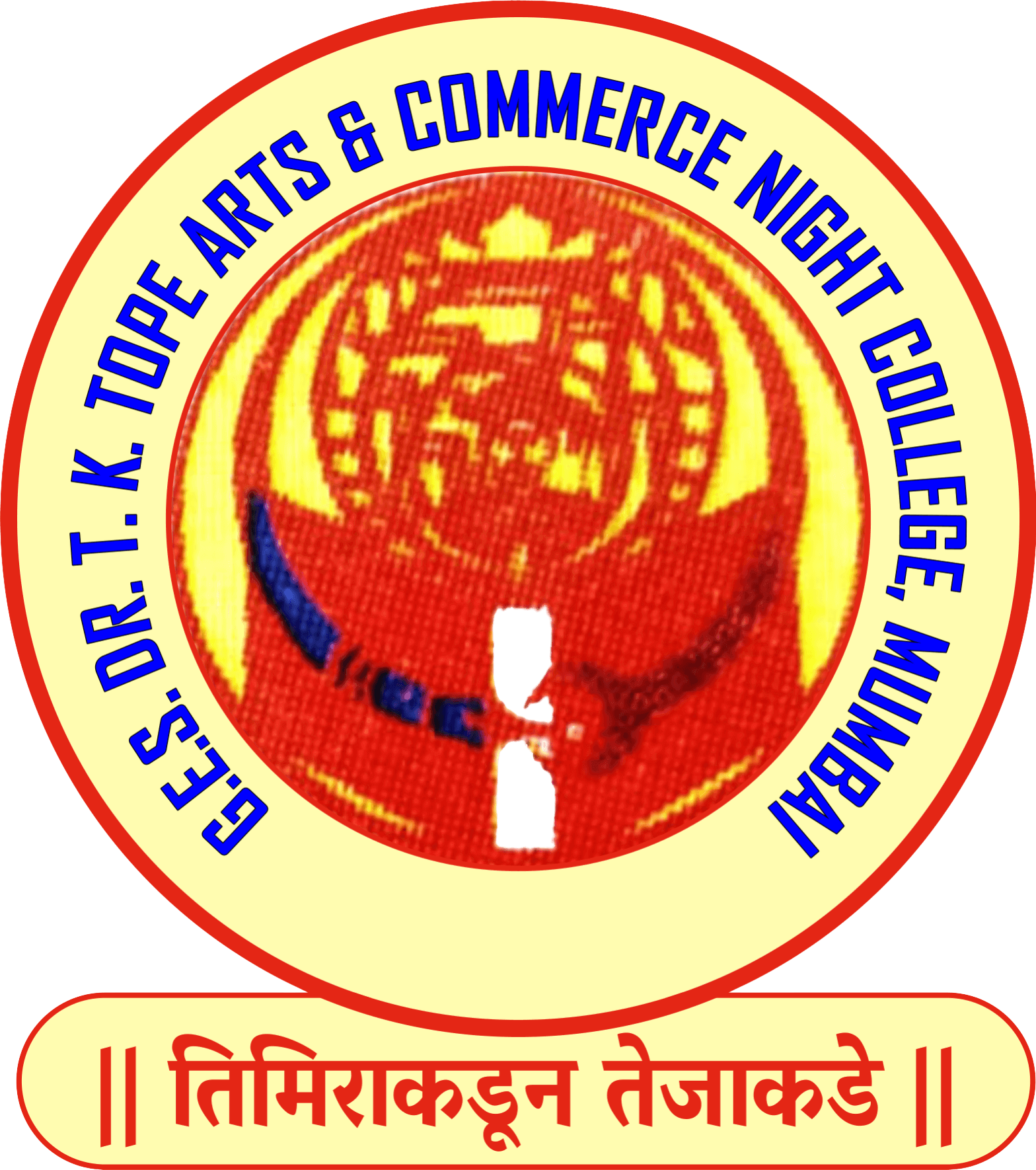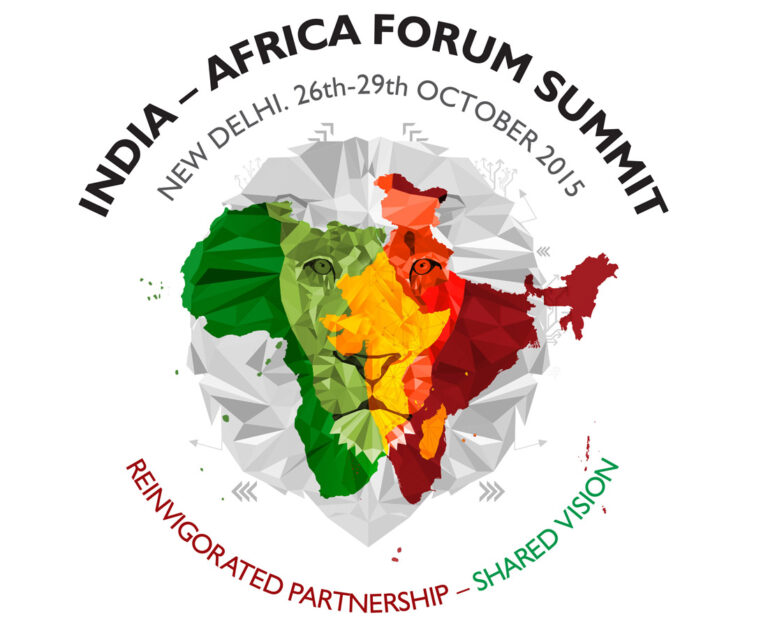Third India – Africa Forum Summit (AIFS III)
From – 26/10/2015 To 29/10/2015 At New Delhi Senior officials level meeting – Jointly organised by the African Union and Government of India. Insightful, imaginative logo – Maps of India and Africa and a Lion – King of the Jungle found in both regions – on the background of a diamond (See a video about making…
![]()

